Workers at the Can Tho branch of Binh Tien Bien Hoa Company Limited (BITI'S). Illustrative photo: Thanh Liem/VNA
Human resources - the decisive factor for development
The Mekong Delta is an economic region with many advantages and development potential. Along with natural resources, geographical location, science and technology, “human capital” is considered a factor promoting sustainable development.
According to Dr. Dao Duy Tung (Faculty of Social Sciences and Humanities, Can Tho University) and his colleagues, education and training, and improving the quality of human resources in the Mekong Delta have made significant progress in recent years. Currently, the network of training facilities has developed quite comprehensively with nearly 9,400 schools from kindergarten to high school. In addition, if before 2000, the Mekong Delta only had one university, now the whole region has 17 universities, a number of university branches, and many prestigious colleges.
However, in the era of knowledge economy, human resources are the decisive factor for the prosperity of the country, not natural resources, so education and training, improving the quality of human resources must be given more importance. Currently, the Mekong Delta has achieved many achievements in education and training, the network of educational institutions is relatively widespread, but the quality of education is still uneven among localities in the region. Trained and high-quality human resources are still lacking. The increasing demand for socio-economic development requires human resources with high professional qualifications, good "soft" skills and the ability to quickly adapt to changes in the labor market, which is an issue for the region's labor force.
Sharing the same opinion, the network of educational and training facilities and the quality of human resources in the Mekong Delta have been significantly improved but there are still many challenges. Associate Professor Nguyen Thanh Binh (Institute for Development Studies of the Mekong Delta, Can Tho University) and his colleagues cited evidence and data from competent authorities showing that in recent times, the proportion of workers with technical expertise in the Mekong Delta has increased significantly but is still low compared to the whole country. In just 10 years (2012 - 2022), the proportion of the labor force with a university degree or higher in the region increased from 3.4% to about 6.7%, but is still much lower than the national average of about 11.9%.
For example, human resources in the field of eco-agricultural tourism are one of the strengths of the region. Master Phan Dinh Hue (Viet Circle Tourism Company) commented that the human resources for eco-agricultural tourism in the delta are mainly farmers, who do not have many skills in providing services, especially high-end tourism services. Therefore, although it is one of the earliest agricultural tourism regions in our country, the ability to attract long-term visitors to agro-agricultural tourism in the Mekong Delta still has many difficulties. Training facilities in the region also do not have practical facilities for agricultural tourism. This leads to the situation that although the human resources are abundant, there is still a lack of personnel with in-depth expertise in the field of eco-agricultural tourism in many localities.
Meet new development requirements
The Mekong Delta, along with the whole country, is entering a new era, an era of national development. Development goals can only be realized when human resources meet development requirements and effectively apply scientific and technological advances associated with digital transformation.
Dr. Lam Thi Kho, Regional Political Academy IV (Ho Chi Minh National Academy of Politics) stated that developing human resources in the Mekong Delta is not outside the strategic goal of developing human resources of the whole country; therefore, there should be effective policies and solutions to improve the quality of human resources to meet the requirements of socio-economic development, ensuring national defense and security in the region. In particular, it is necessary to upgrade educational and training facilities, promote regional linkages in implementing human resource development. The current increase in colleges, universities, vocational schools, etc. in the region is also a correct policy so that students in rural areas do not have to move to big cities to study, helping to reduce costs for families and creating favorable conditions, encouraging families to send their children to study at higher levels. The region needs to promote activities to improve the quality of education and training, and quality assessment of colleges and universities towards regional linkages in implementing the strategy of training high-quality human resources; at the same time, promote career orientation and labor distribution in accordance with the actual needs of society.
Regarding solutions to improve the quality of human resources, Associate Professor Nguyen Thanh Binh (Institute for Development Studies of the Mekong Delta, Can Tho University) and his colleagues analyzed that the development strategy of the region shows a trend of transforming the economy towards reducing the proportion of agriculture and increasing the proportion of industry, services and construction. Along with that, labor and employment are shifting not only according to the structure of the economy but also towards modernity, intelligence and high quality in the digital age. However, in the Mekong Delta, agriculture still accounts for a high proportion, the proportion of trained labor is still low. Here, the ecological conditions of the delta have also changed a lot due to the increasingly obvious impacts of climate change.
To achieve the goal of sustainable development of the Mekong Delta by 2030 as set out in the Regional Planning for the period 2021 - 2030, with a vision to 2050 (in terms of human resources, the rate of trained workers is expected to reach 65% by 2030; of which 25% have degrees and certificates; the proportion of non-agricultural workers reaches 75 - 80%), the region needs to promote vocational education and training for rural workers. In particular, attention should be paid to occupations with local characteristics, cultural identity of the river region, and occupations that the market is and will need in the new era.
Dr. Nguyen Thanh Nhan and Master Ho Thi Ha (Faculty of Political Science, Can Tho University) proposed that to improve the quality of human resources associated with regional development strengths, localities need to focus on investing in development and improving research capacity for scientific and technological organizations such as: Center for Biotechnology, Center for Application of Scientific and Technological Advances, Center for Aquatic Breeding Research, etc. These units play a core role in implementing scientific and technological activities between organizations and individuals in the Mekong Delta region with institutes, schools, enterprises, scientific and technological organizations; thereby, contributing to increasing the effectiveness of research activities, application of science and technology in the locality, while attracting human resources for the region.
Based on the reality of training and providing high-quality human resources for the Mekong Delta and the whole country, according to the leaders of Can Tho University, Can Tho University focuses on improving the quality of its teaching staff and research experts. Up to now, the university has had over 200 professors and associate professors, not only contributing to improving the quality of training and scientific research of the university but also consolidating its core role in serving scientific research and socio-economic development of the Mekong Delta and the whole country.
In 2025, in addition to the current training majors, the school will expand learning opportunities and enroll many new majors, in line with development trends, especially the human resource needs of the Mekong Delta region, including the following majors: Artificial Intelligence (AI), E-commerce, History - Geography Pedagogy, Educational Psychology, Quality Assurance and Food Safety, Computer Networks and Communications (high quality), Veterinary Medicine (high quality), Civil Law and Civil Procedure. Continuing to expand training majors associated with improving training quality affirms the position of one of the training units, providing high-quality human resources to serve the socio-economic development of the Mekong Delta region.
Thanh Tra (Vietnam News Agency)
Source: https://baocantho.com.vn/phat-trien-nguon-nhan-luc-chat-luong-cao-trong-ky-nguyen-moi-a185057.html


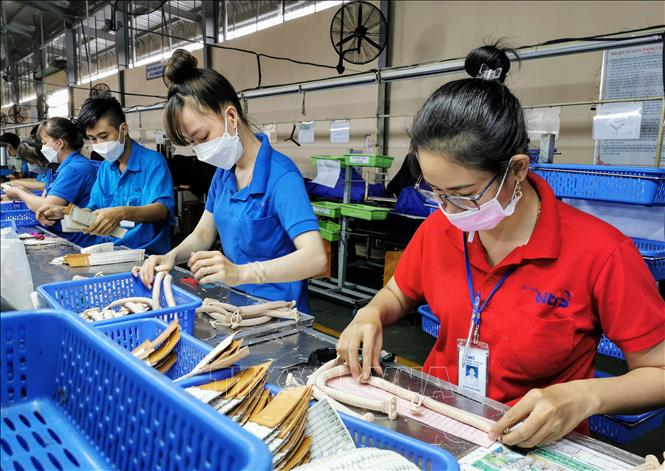

![[Photo] Feast your eyes on images of parades and marching groups seen from above](https://vstatic.vietnam.vn/vietnam/resource/IMAGE/2025/4/30/3525302266124e69819126aa93c41092)

![[Photo] Fireworks light up the sky of Ho Chi Minh City 50 years after Liberation Day](https://vstatic.vietnam.vn/vietnam/resource/IMAGE/2025/4/30/8efd6e5cb4e147b4897305b65eb00c6f)


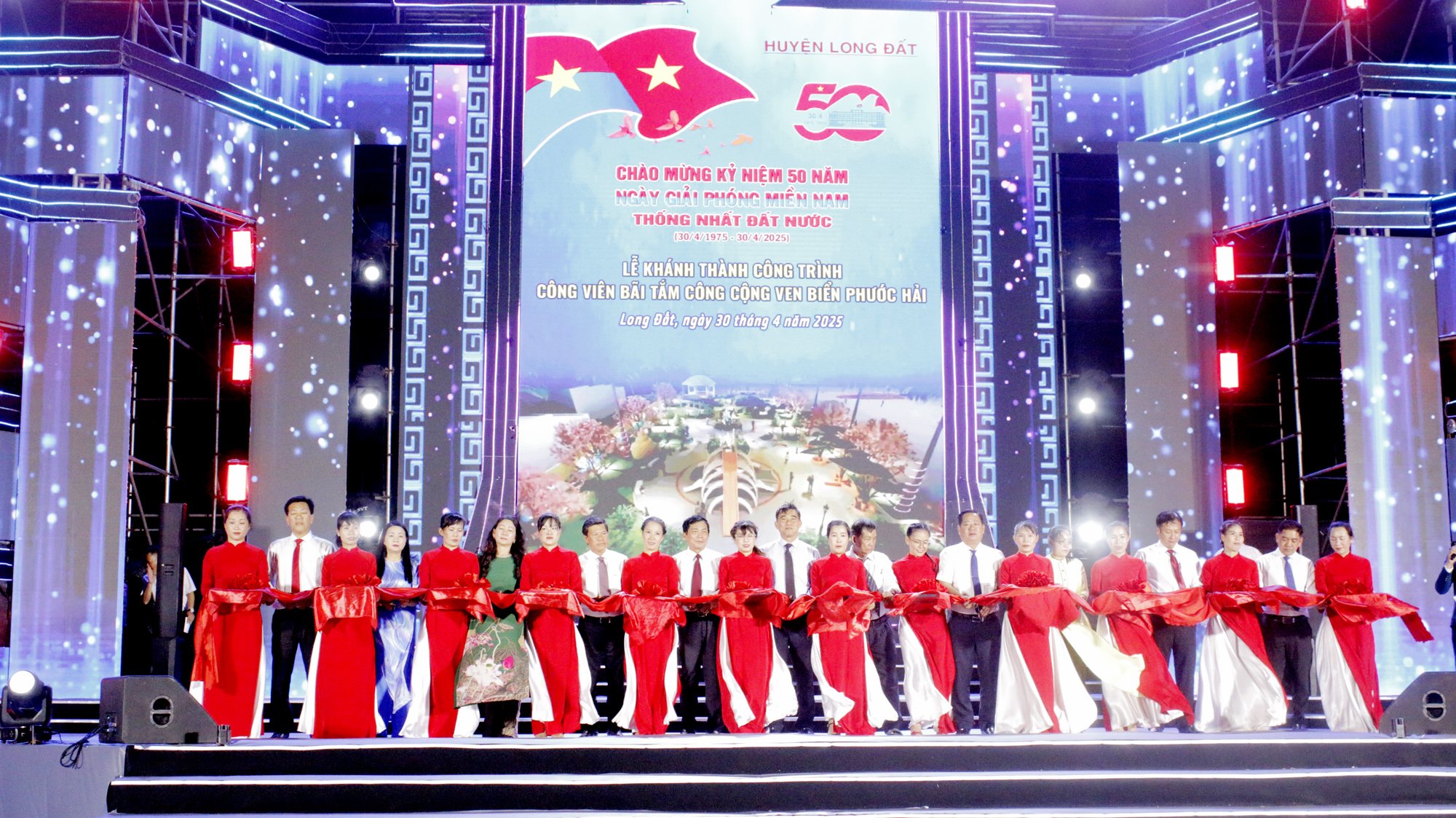

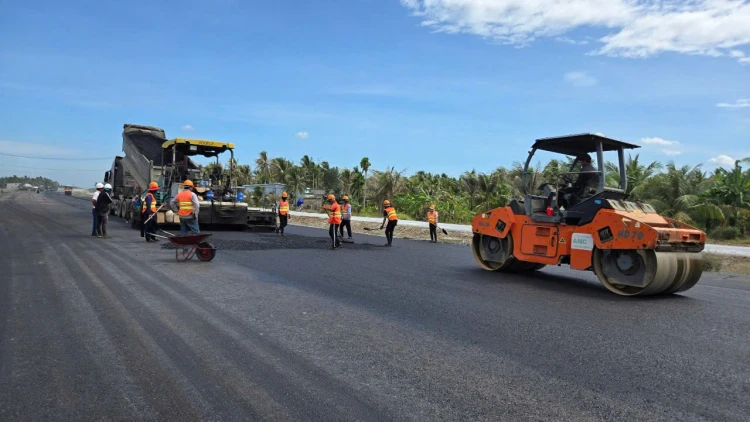
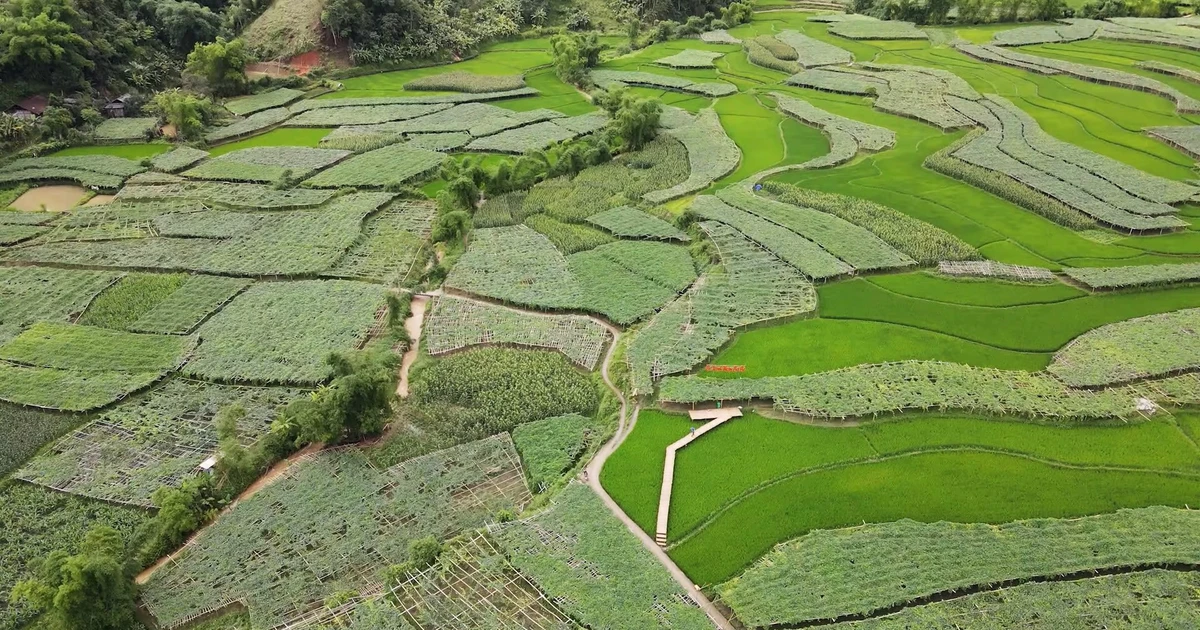
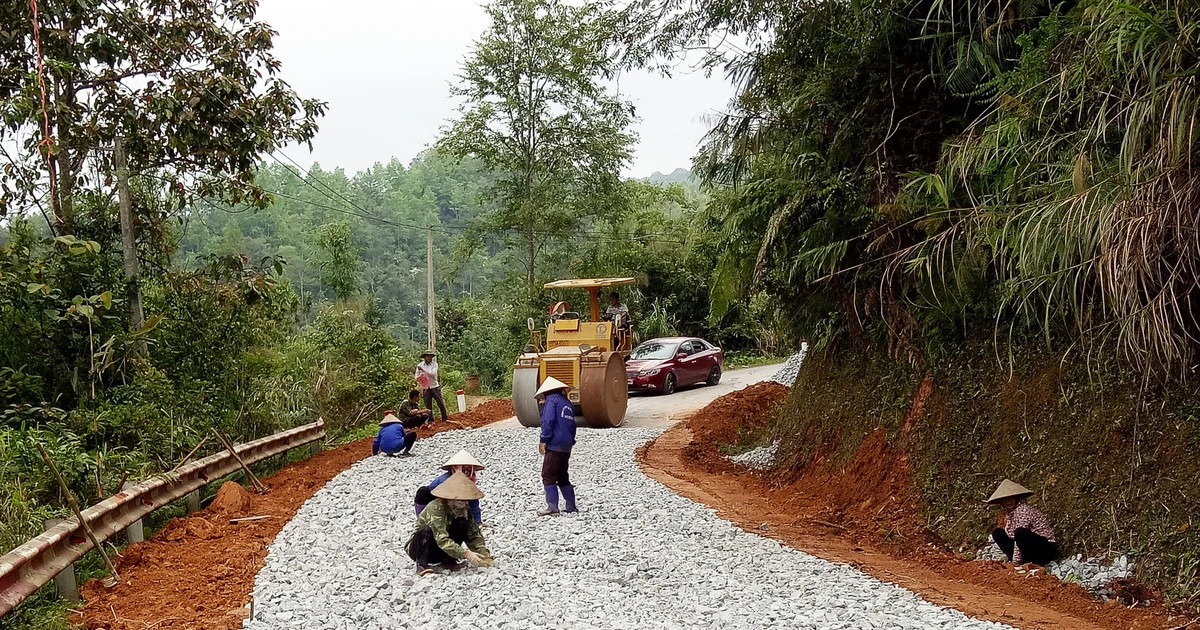

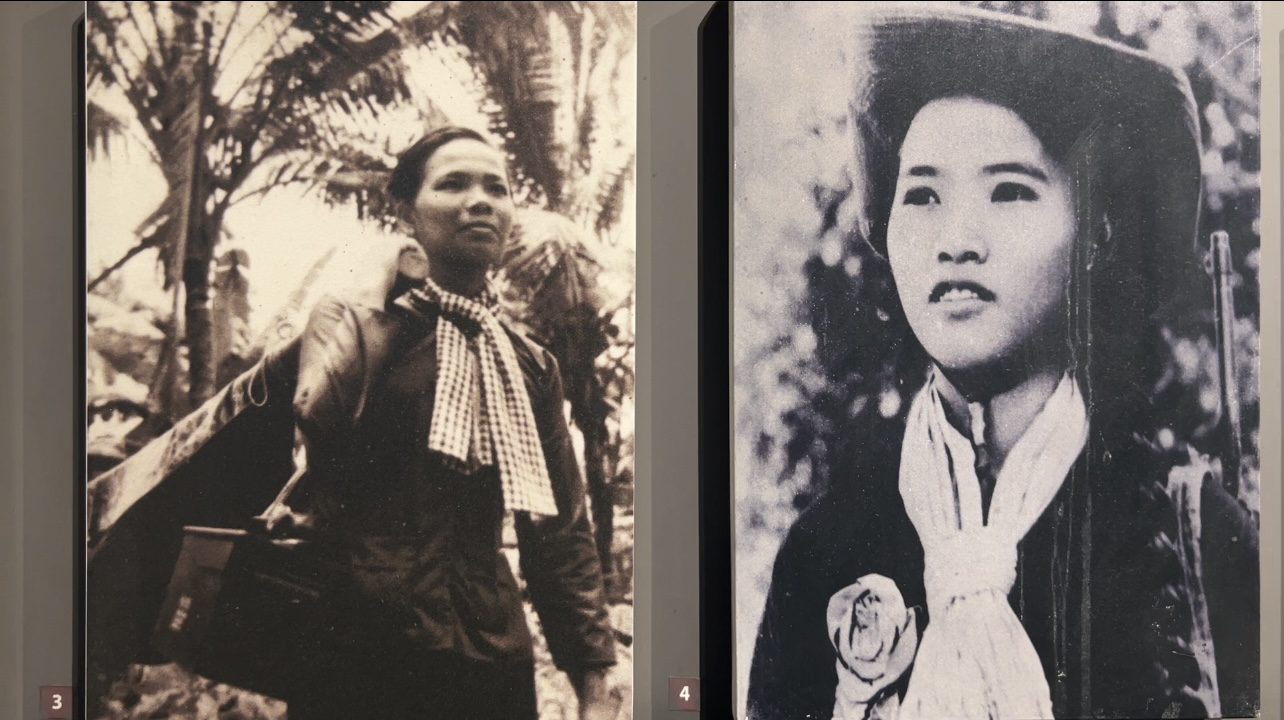


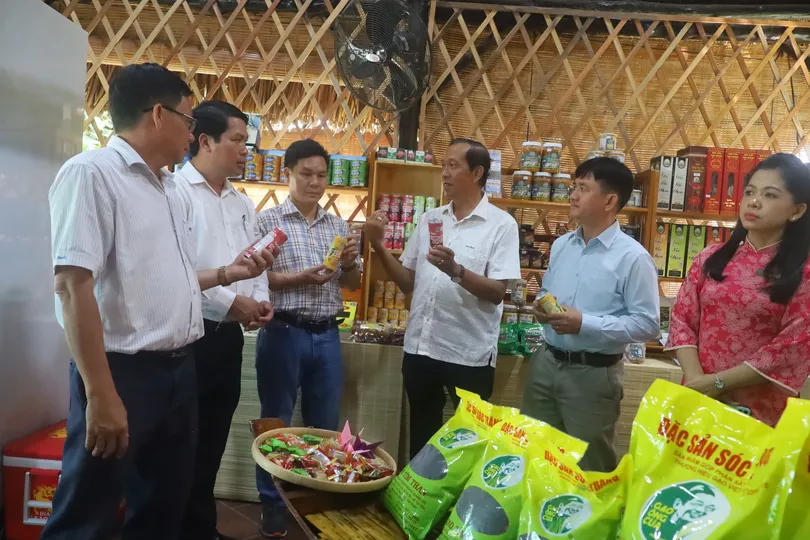
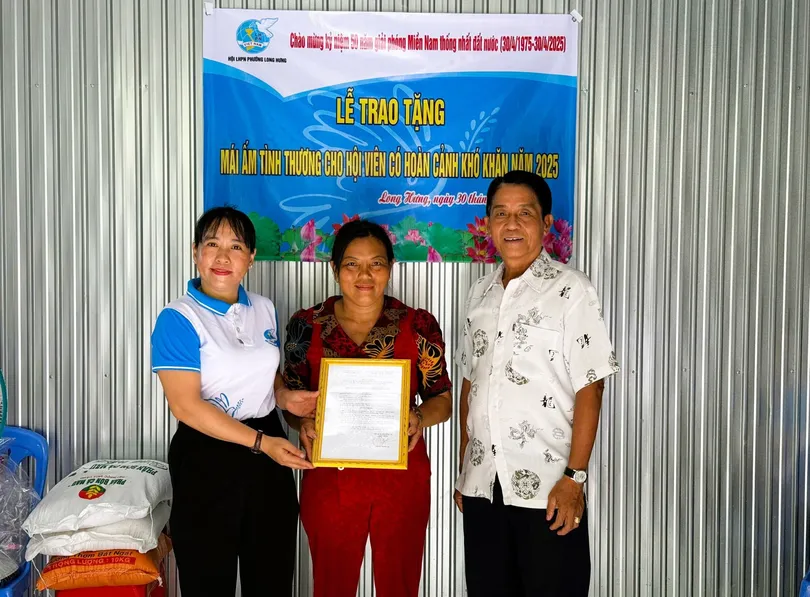
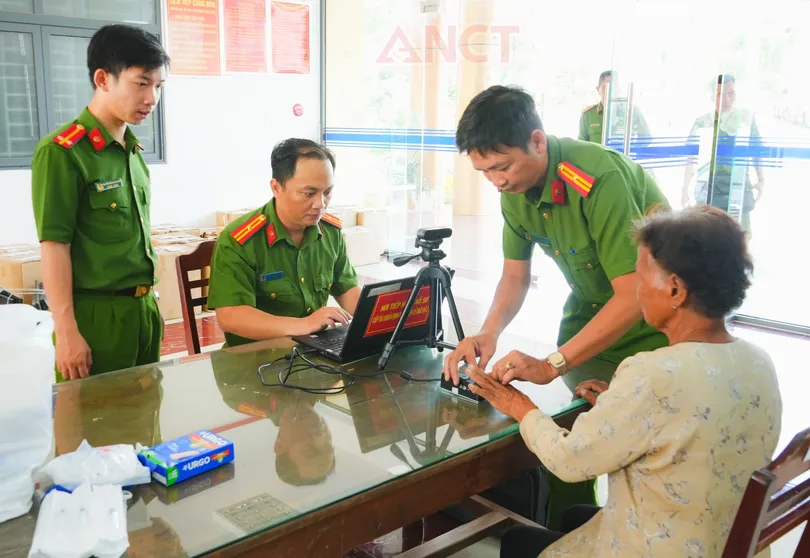
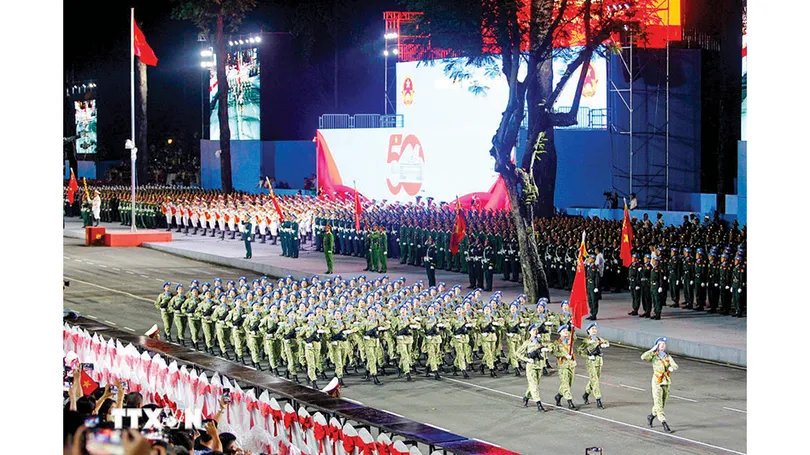

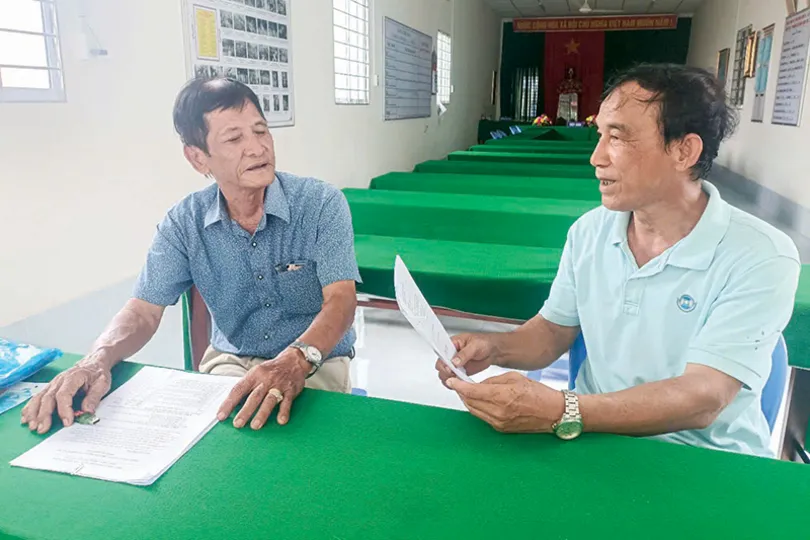
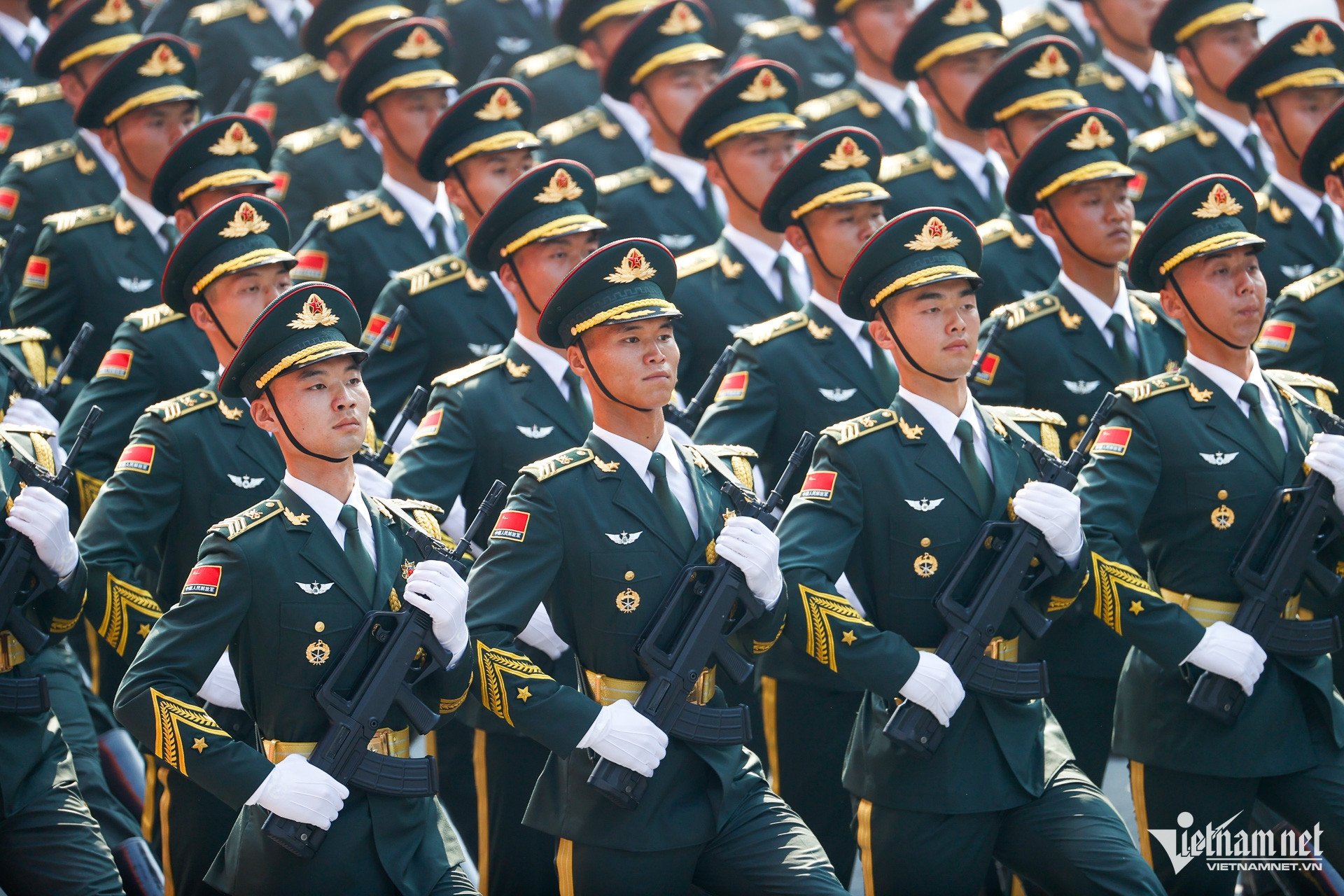




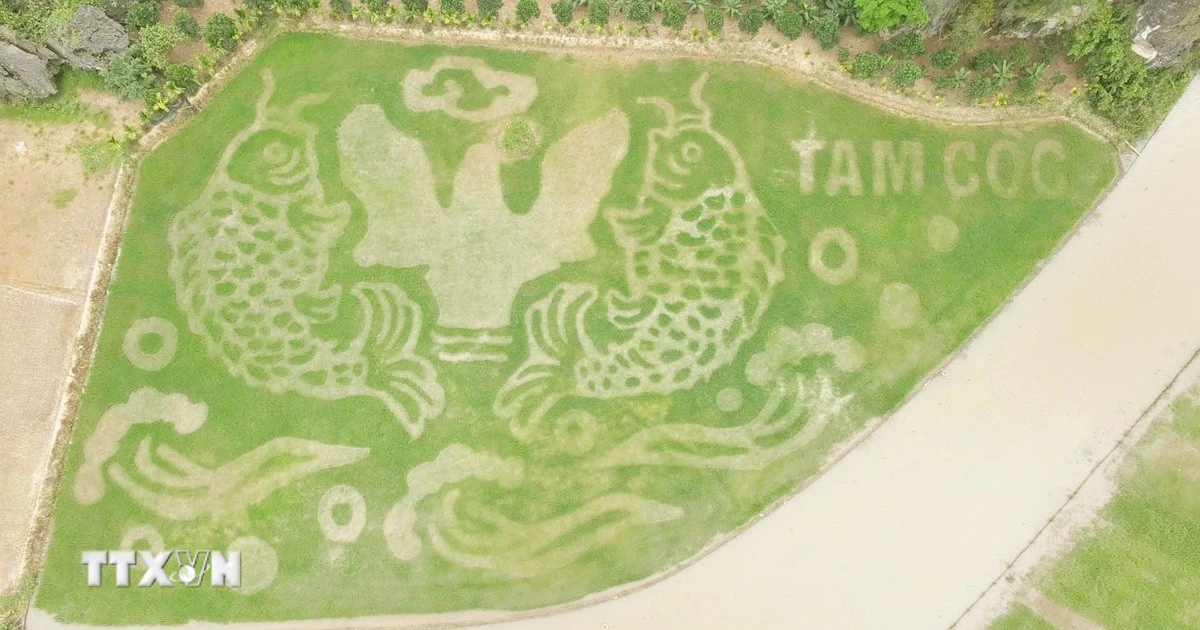

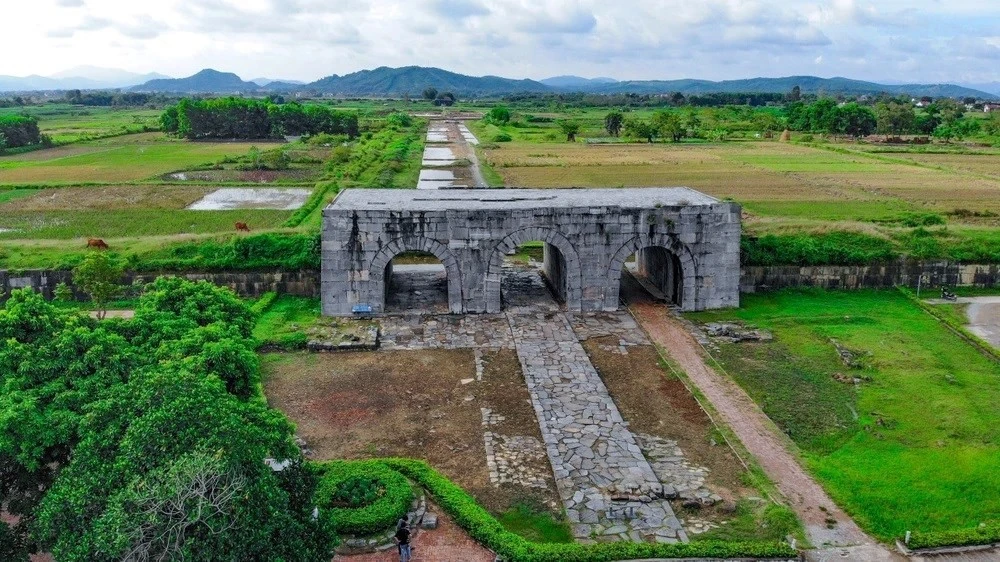

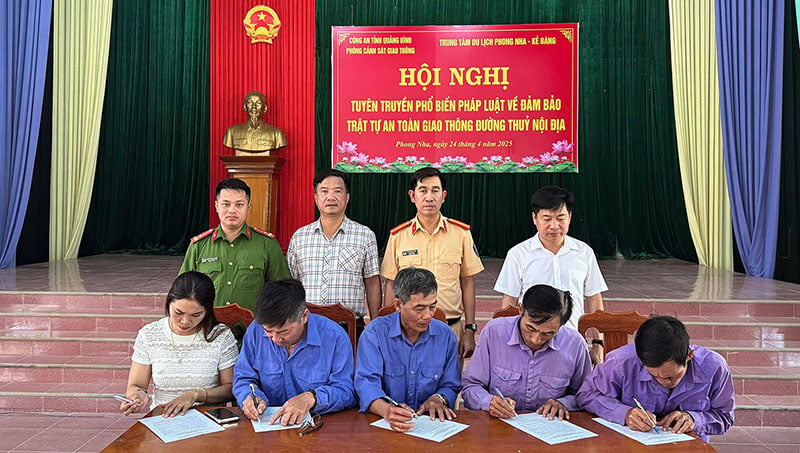

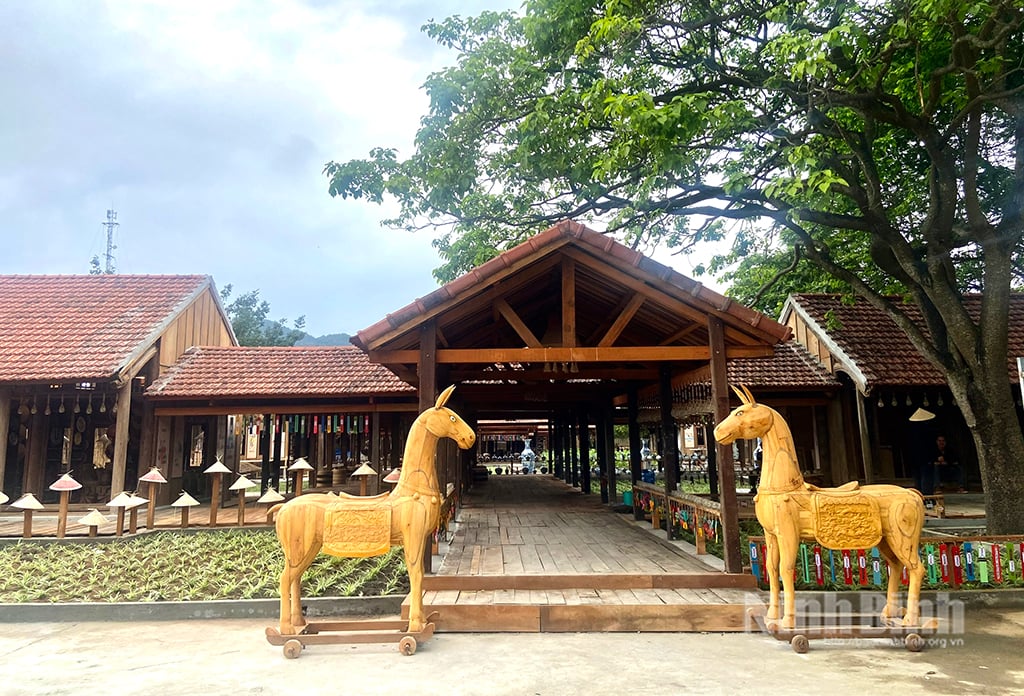




















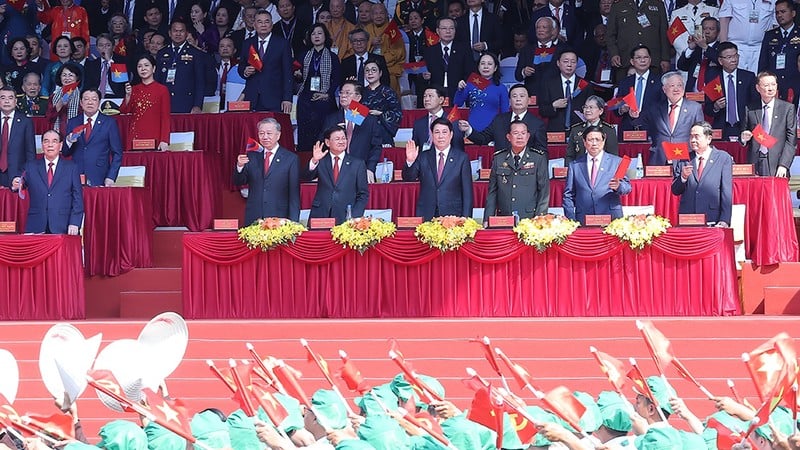













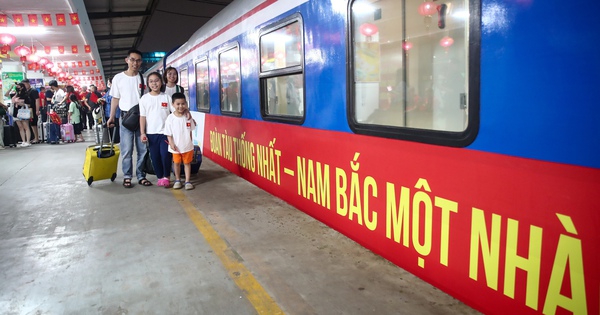






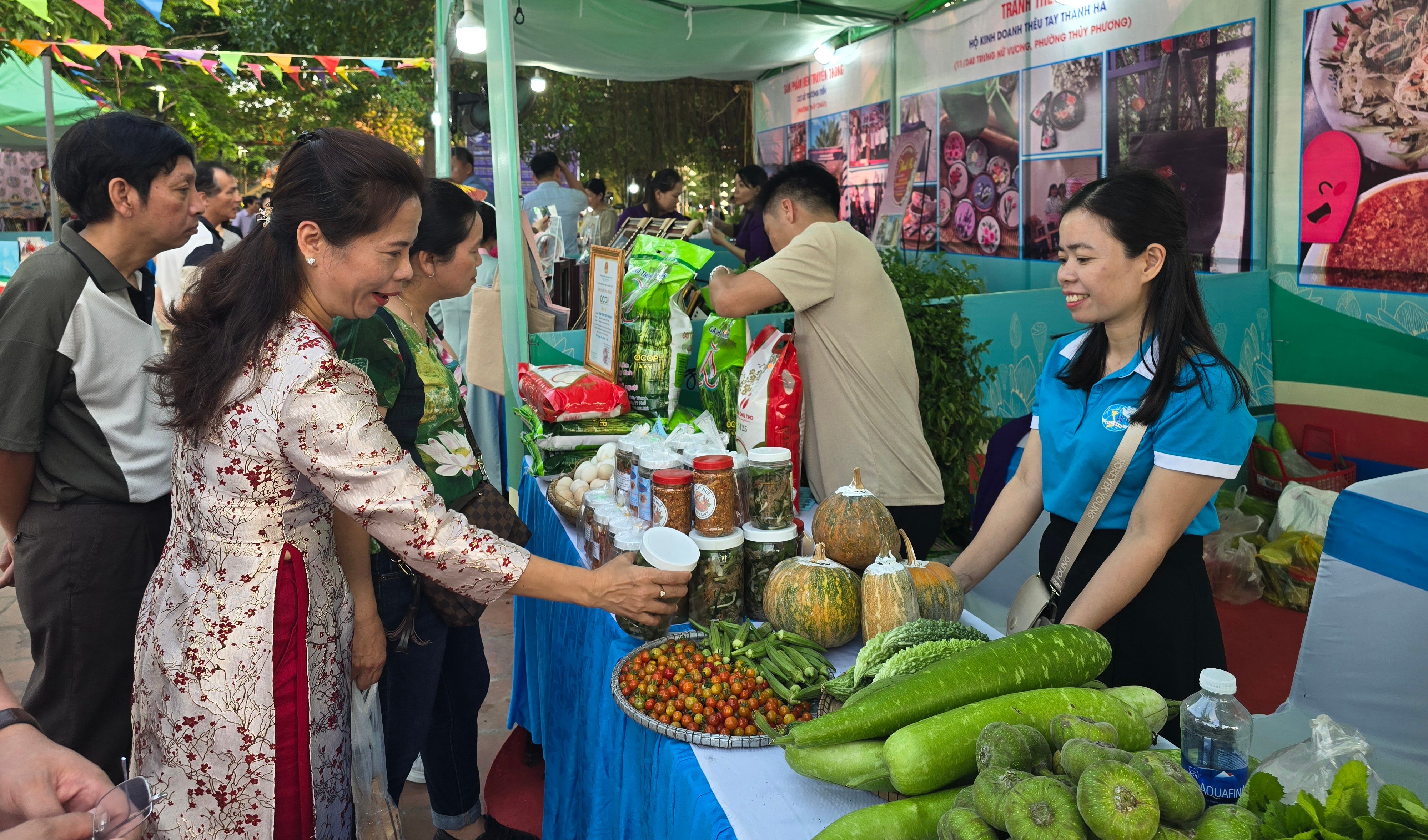











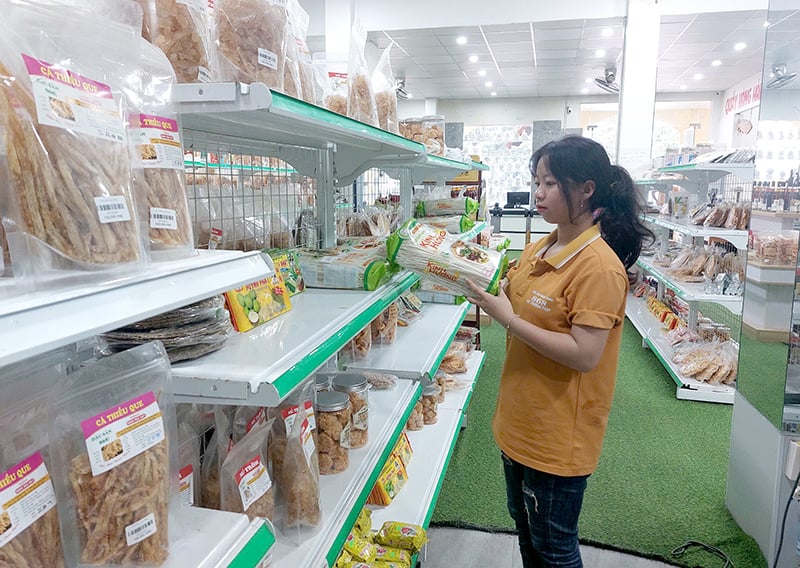
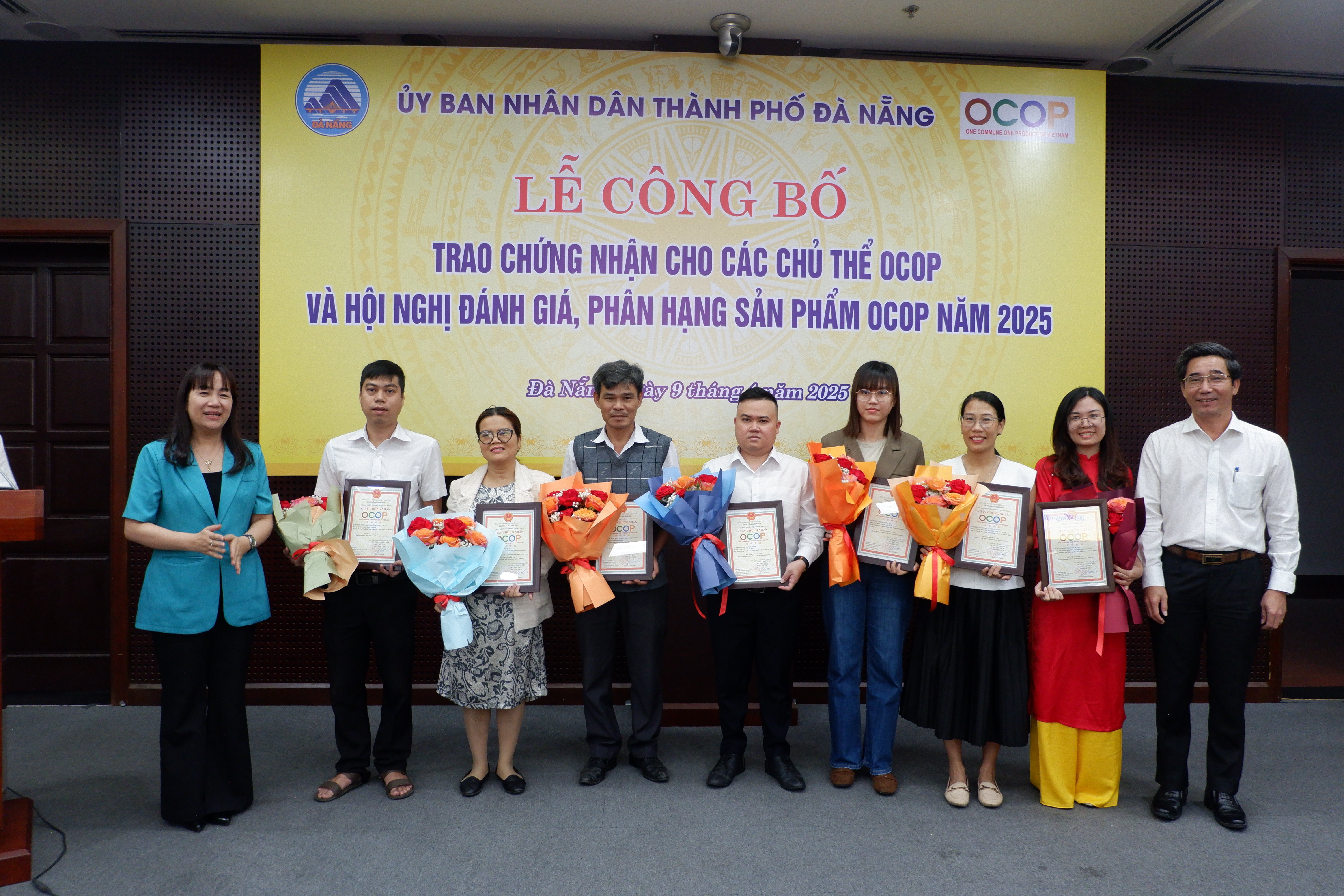

Comment (0)